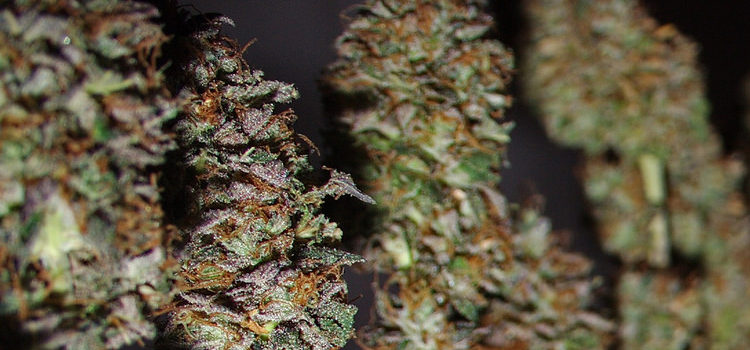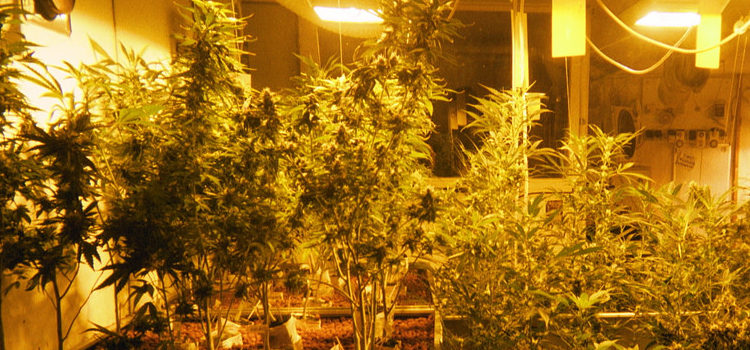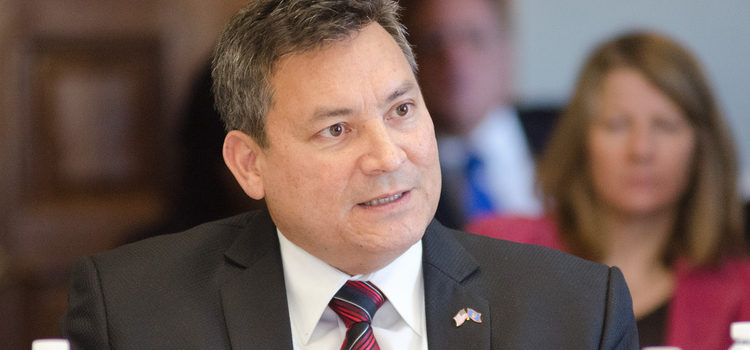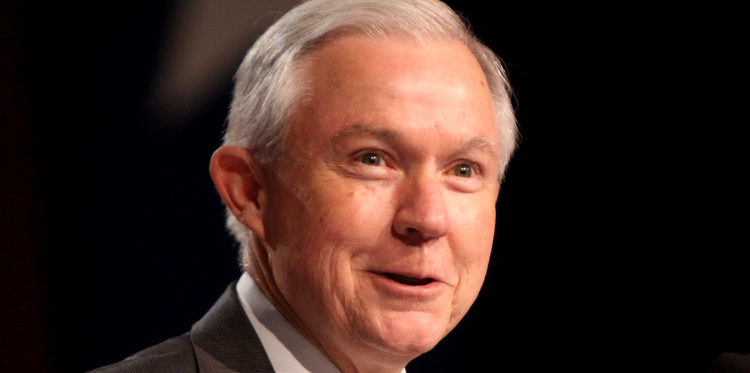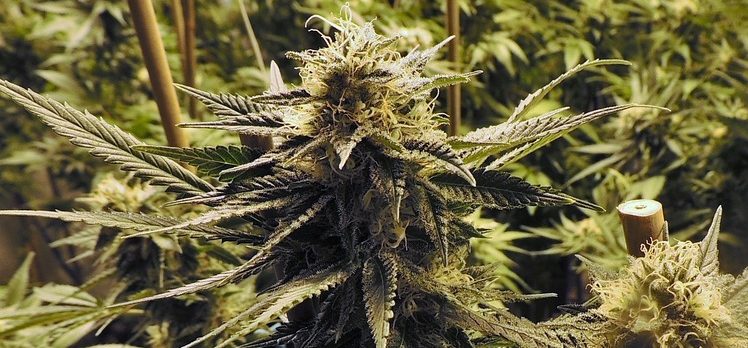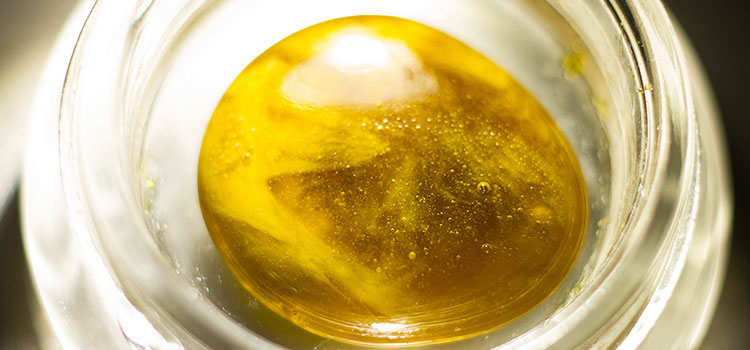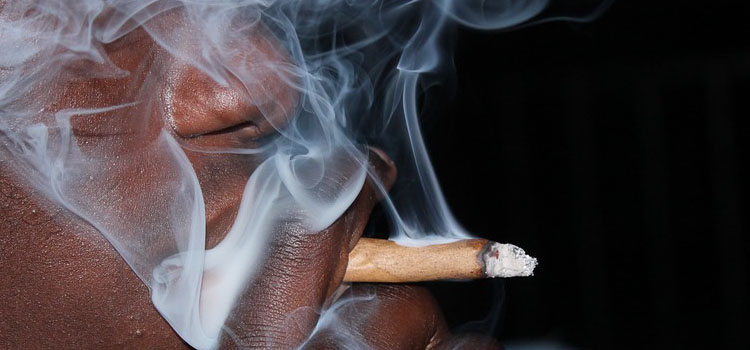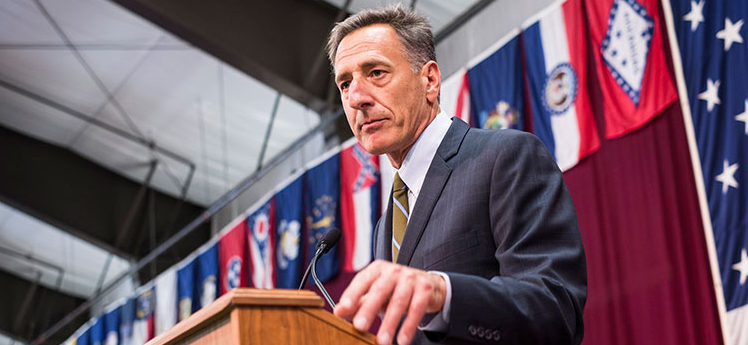The number of people living with cannabinoid hyperemesis syndrome is impossible to quantify as both doctors and patients are limited by the lack of research and the newness of the condition. The syndrome – commonly referred to as CHS – was first named by Australian researchers in a 2004 article in the medical journal Gut. In the article, authors described 19 patients who experienced severe abdominal pain and “cyclical pattern” vomiting that was only relieved by hot showers. The 19 patients had another thing in common – they all used cannabis.
Patient Perspectives
In interviews with Ganjapreneur, patients reflected on their experiences, describing unimaginable physical and mental anguish. Each story, although unique, was weighed with desperation, anger, and confusion. (*Some names have been changed to protect patient privacy).
J. Spence*, a 36-year-old from upstate New York, first used cannabis when he was a sophomore in high school, but didn’t start using “all day, every day” until his “late teens, early-20s.” It wasn’t until his mid-20s that he started having the attacks. He assumed it was acid reflux or “a bad gut,” attributing the illness to being “a little overweight,” his alcohol use, and unhealthy eating habits.
“At that point it wasn’t really bad enough to get hospitalized,” Spence said in a phone interview, explaining that doctors put him on medication to treat acid reflux. But as time went on, he only got sicker and the attacks became more frequent. “At one point I considered maybe it was long-term use of that making me sick.”
“What I thought was helping me…is actually what was making me sicker,” he said, describing “pouring sweat” which led him to the shower. “It became a learned behavior. Whenever I had an attack I got into the shower.”
Spence estimates that it was about 12 years ago when a doctor first considered that he had CHS but Spence admits he was bullish and it wasn’t until three or four years ago – and about 30 CAT scans over 10 years – that he was clinically diagnosed by an emergency room doctor. He was using cannabis “half recreationally, half medically” for anxiety and pain and was unable to change his lifestyle, so the attacks persisted. He finally quit “for good” last Thanksgiving.
Janine Durand*, a 47-year-old California resident, started using cannabis at 18-years-old, “hanging out with friends in [Los Angeles],” before it was legalized for medicinal use in the state in 1996.
“I wasn’t really a heavy smoker, just every once in a while,” Durand said in an interview. “It wasn’t until I was 27 when I really started smoking every day. And, at that time, I was just smoking Mexican weed – it’s not the highest grade stuff. Chronic, as they call it these days, wasn’t really a big thing yet.”
Durand had her first attack when she was about 29 – she was hospitalized for three days. Allen’s paper wouldn’t come for another five years and Durand was often in and out of emergency rooms and hospitals. It took 17 years for her to get correctly diagnosed.
“About a year-and-a-half ago I decided to start using concentrates and pretty soon I replaced marijuana completely with dabbing and I got really sick,” she explained. “And I was thinking ‘whatever is wrong with me it’s progressing’ and I dabbed more.”
She barely remembers the emergency room visit during which she was diagnosed and it wasn’t until she got home and looked it up on the Internet that she finally had an answer.
“It all made sense,” Durand said. “I read about the hot showers and it was the only this that alleviates these attacks to where you don’t just want to kill yourself – and I’m not exaggerating. It’s not unusual for me to be in a hot shower for four hours.”
Like Spence, Durand didn’t immediately quit. She was using it medically to manage pain and doctors had stopped prescribing her pharmaceutical pain killers due to her cannabis use. She stopped using concentrates and started using less, and weaker, cannabis – she kept getting sick. Durand quit for good on Oct. 3 and has neither had an attack nor taken a four-hour shower since.
“I’m very pro-marijuana,” she said. “I don’t believe that the majority of people will be affected at all.”
Stuart Margolis, a 47-year-old from Portland, Oregon, suffered from dozens of attacks, hospitalized “only” two or three times. He started smoking “heavily” at 18 and it wasn’t until his most recent attack last November that an emergency room doctor finally convinced him it was his cannabis use.
Margolis, and others interviewed for this piece, are members of a Facebook group dedicated to CHS support and awareness. He indicated that being a part of the online community helps him “[not] feel like…the only one experiencing this weirdness,” which he thinks of “in terms of an allergy.”
“I don’t think it was the [potency] of the weed itself,” he said in an interview. “For me, I think it was constant usage over long periods of time. I’m not sure I buy into the ‘buildup of toxic levels’ theory,” remarking that he never really used concentrates on a regular basis.
“Bodies change over time,” Margolis said. “I think my body doesn’t like whatever [cannabis is] doing to my system, whether it’s hormonal, or toxic metabolites, or really just an allergy.”
He explained that, for him, quitting cannabis was “super easy” compared to quitting narcotic pain killers – which he was prescribed “years ago” after getting hit by a horse. He hasn’t decided whether or not he is going to try to use cannabis again.
Physician Perspectives
Dr. Eric Lavonas, the chief of Emergency Medicine at Denver Health and spokesman for the American College of Emergency Physicians, has personally treated around 40 or 50 cases of CHS over the last four years. He explained that, while “it’s not an uncommon problem” in Colorado “obviously, most people who smoke marijuana don’t have any problem with vomiting.”
“But when you have a lot of people who smoke a lot of marijuana, even an uncommon problem like [CHS] affects a lot of people,” he said in a phone interview.
Lavonas worked in the emergency department prior to legalization in Colorado and said that while legalization has probably increased the number of people affected, more people are now willing to discuss their cannabis use which is going to lead to more diagnoses, and the overall increase in the cases will lead to less missed diagnoses. “Here in Colorado we’re pretty good at figuring this out…Every emergency physician has seen it.” The medical community is also beginning to make strides in treating the attacks without the showers, utilizing capsaicin oil.
The increased potency of cannabis products could also be at play, Lavonas said, observing that people smoking cannabis is “not a new thing” but ready access to high potency strains is what has changed.
“I am neither pro nor anti-marijuana. I am anti-vomiting,” he wrote in a follow-up email. “And I believe strongly that people should have accurate information when they make their choices.”
Dr. Bonni Goldstein, medical director for Canna-Centers, previously served as a pediatric emergency medicine physician for 15 years. Goldstein has seen two CHS patients, both in their 20s, and both patients only began experiencing attacks after using high potency cannabis products. After abstaining from using cannabis for at least one month, both patients were able to start using “very low dose” products.
“I’ve heard of people that cannot reintroduce but both of my patients were able to use cannabis again in small amounts, compared to what they were using,” she explained.
Goldstein, who now provides medical cannabis recommendations and treats very ill patients, indicated that she has never seen CHS – which she describes as an allergy – present in a strictly medical user and, in her experience, the condition “occurs only in people who are recreational users.”
However, Goldstein said there are countless numbers of “chronic, heavy” cannabis users that never develop CHS. “The big question mark is the individual’s body, metabolism, and absorption.”
“With this particular syndrome I do believe there are some people with a predisposition and then they are using high doses of THC-rich cannabis products,” she explained. “We really don’t know, but it’s theorized that there is a paradoxical effect at the receptor – it was working fine and then became sensitized.”
Goldstein also debunked some of the statistics employed in recent news reports. “In Arizona, they’re saying there was a 200 percent increase. If you look at the numbers there were three cases one year and six cases the next.”
“The reality is that just because there are people who have this does not mean that cannabis is a dangerous substance,” she said. “It is the easiest thing in the world – you abstain – and then if you want to tip-toe back into it, you tip-toe back into it and you don’t go high dose.”


